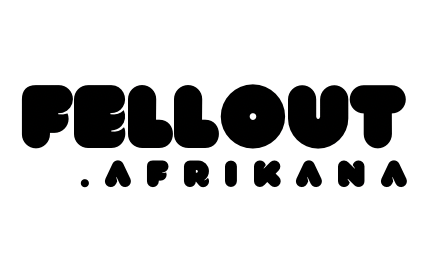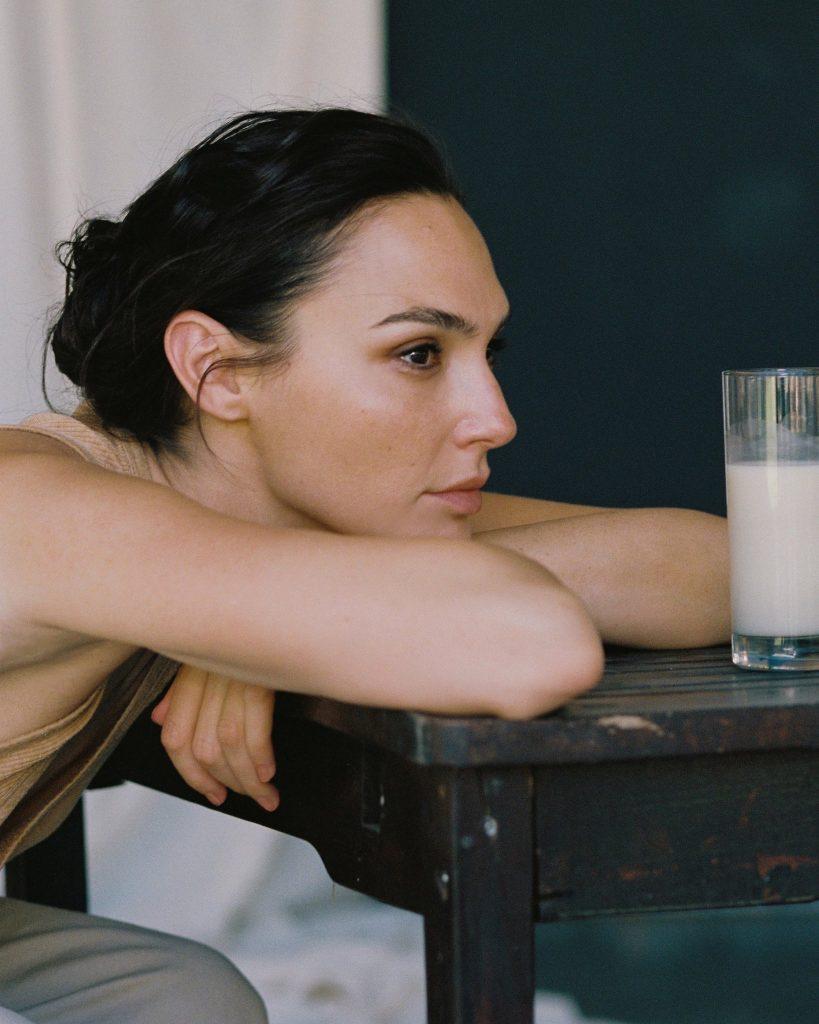Usually when I think of privilege, I think of other people and their social freedoms. You know rich, white, male, etc. But this pandemic has forced me to consider my own privilege.
When University of Nairobi first announced classes would be online, I immediately acquired two things: a lap desk and a range extender.
When I received a student survey asking about access, I had to take a good look at myself.
I had more than enough access.
When a friend asked how quickly I could begin online classes, the answer was simple…immediately. But less than 50 percent of my classes were ready.
As I listen to friends who live in different locations, I realize space is a privilege. Like a majority, our home isn’t large, but we have enough to work. Even when I want to “get out,” I don’t have to leave. I can sit under a tree and eat a meals or write.
That leads me to another privilege: location. We live in Kericho. Unlike others, who are in Nairobi, Mombasa, and other hardly hit areas, I’ve been able to walk in my suburb roads, take bike rides, and take a matatu without as much worry. The weather’s been between the rainy and sunny. Though circumstances are sad, I’m grateful.
I wouldn’t have had to worry about what the school is doing if I wanted to. Stay online or don’t stay online, both are possible.
I only halfway feel this way; online education for a nation like Kenya is not a great idea for a host of reasons. But see how easy it is to slip into a self-centered perspective?
Initially, people were asking what’s changed or what have I learned from these times. And for a minute, my answer was nothing because I’d already adjusted my life according to what I’d determine is right for me.
As I think long and hard, my answer is still nothing. But a few ideas have been reinforced.
It’s always important to acknowledge our specific privileges and then consider life from others’ perspectives as a way to break out of our bubbles and gain diverse understandings. Some people are a little more worried than I am because they’ve had to figure out how to make life work, not make adjustments…literally learn how to do life. They’re waiting on their government-funded stimulus checks so they can eat and pay bills.
Others are a little more whimsical because their local news reports sound different and their government restrictions are few. For example, an IG follower posted a photo of himself getting a haircut…at a barbershop. Someone in Nairobi would probably shudder to think of committing what they would view as a socially irresponsible act right now.
Think about life from another person’s perspective. An alternate point of view may lead to a shift in empathy, thus opening a space for other things, like dialogue, grace, or service. And without sounding too preachy, I think it’s worth reminding that these traits are important not just now, but always.
The real question is what do we do now? Truthfully I don’t know. I think this looks different for everyone. Some people may be out there in temporary shelters due to floodings and the recent land slides and collapse of biuldings. Some people might be on the front lines of the protests against police brutality. Some people might be under a tunnel or a polythene tent considering the recent Ruai eviction. Some people might be donating to worthy causes. Some people might be sharing their experiences. Some people are standing in virtual solidarity and anxiously awaiting for change. Some are doing all of the above. I don’t think there’s a wrong approach, you’re doing something.
For as tempting as it was yesterday for me to just put all my devices away and hide from everything for a while, I’ve forced myself to stay with it. I’ve forced myself to keep scrolling and reading and watching. It’s important, to me, to bear witness. It’s important, to me, to understand as fully as I can. It’s important, to me, to acknowledge my privilege and figure out what I can do with it. It’s important, to me, to be uncomfortable and upset and outraged and to sit in all those feelings. I don’t have the answers, but I’m here to learn. I don’t know what to say, but I know that it feels wrong to say nothing at all or rather to flex my privilege at the faces of those not with.
Now I want to stop here. Before I say anything else. Because I know that already someone is reading this and thinking, “This kid should just be grateful that he has, when so many others are not as lucky.”
And that is good enough.
Until we are told by the world that it isn’t enough.
That is why we are crying. Because so many of us are giving so much. We have been taking away time from our own families to be in a class without half of our fellow students. We are doing it not because it is all mandated, not because we have been told we have to do all these things, we are doing it because we have the privilege to. That privilege has pushed us to do more and to give more yet for many of us there just isn’t that or another option.
And then yet somehow, we are made to feel, by the world, that it is still not enough.
Sometimes that feeling comes from the media, threads, article after article detailing the problems with the way teachers are teaching. Other times, that feeling comes from worried parents. Parents who are seeing their own children struggling, who are worried that schools are not doing enough to help them. Parents and student who go to Facebook or other social media outlets and begin to discuss.
And I get that sometimes it seems like these are easy problems to fix. Asking one more small thing of students or teachers shouldn’t be a big deal. Right?
Except the weight of those decisions are not always felt by the people who make them. Instead, oftentimes, they are felt intensely by those of us who are already standing on the very edge of what we are able to do and then are being asked to do just a little bit more. But that little bit more, comes on top of all the other work that we are already figuring out how to do. And suddenly, it feels impossible. A small ask, feels like a huge demand. And that is why there are tears. Because we are standing on the edge already and just one more thing has the capability of pushing us right over that edge.
Too often in education, mandates are made as quick reactions to complex problems. They often are attempts to quickly stop a problem before even taking the time to investigate on how it is affecting the students and what variety of ways there might be to fix any needs that are not being met.
Because if the conversation really centers around the student, then it would start not with a mandate, but by, instead, asking questions like, “How are you allowing your students to feel a part of a community? How are you working to meet the needs of your students and their families? How are you checking in on your students mental health and well-being? How are you being there for your students?” And then we can have a conversation on the rest.
We can honor the fact that students are all different and we are all different and there is no one right way to do all of this.
But all of this is hard. All of this is messy. It seems easier, sometimes, to just make one, consistent rule and demand that everyone follow it.
But what I have learned is this, complex problems cannot be solved by simple rules and mandates. Difficult problems that seem to be solved simply have not really been solved at all. And we have never faced a problem more difficult than the one we are currently in, so to think that there is any one easy answer or one way of doing things that is going to fix the problems that our education are facing, that seems impossible to me.
Instead, what I think we need is to take a breath. To take a pause. To have difficult conversations. To listen to the realities that we are all living in. To hear the stories of others. Because, ultimately, I think that is what will help you understand the power and the effect your privilege can have on others. And from a place of better understanding, we are able to make better decisions. And when we lack understanding, we stop and reach out and ask for more stories.
And I guess that is why I am writing this. Because maybe someone will read it and it will help them to reach a little bit better of an understanding.
And maybe not. Maybe this was just for me. Because I needed it all to be said. And that will be good enough, too.



